In a move that has left global markets choking on their morning coffee, China has unleashed a tariff tsunami on the United States, jacking up import duties to a whopping 125%. The announcement is Beijing’s retaliatory jab in the ongoing trade war that’s starting to feel like a never-ending ping-pong match.
From soybeans to sneakers, and even those oddly specific kitchen spatulas Americans love, everything just got a whole lot pricier. Buckle up, because this economic rollercoaster is about to get hilariously bumpy.
The decision came straight from the top, with Chinese officials citing “unfair treatment” and “general annoyance” at recent US trade policies.
“Enough is enough,” declared Trade Minister Wang Wei, adjusting his tie with the confidence of a man who just bet the farm. “If the US wants to play tariff roulette, we’re spinning the wheel to 125%. Good luck buying your avocado toast ingredients now, America!” Wang’s speech, delivered in front of a giant LED screen flashing the words “Economic Oof,” was met with polite applause and at least one audible gasp from a nearby diplomat who spilled his tea.
So, what’s on the tariff chopping block? Pretty much everything that screams “Made in the USA.” Soybeans, which Midwestern farmers were already sweating over, are now so expensive that Chinese buyers are reportedly switching to lentils and crossing their fingers for a miracle. Cars, particularly those gas-guzzling SUVs that Americans adore, will now cost Chinese consumers the equivalent of a small yacht.
And don’t even think about snagging a pair of limited-edition sneakers—those $200 kicks are now priced like they come with a personal stylist and a gold-plated warranty. Even mundane items like toothpaste and dog toys aren’t safe. Fido’s chew bone might soon require a payment plan.
The humor in this economic slugfest lies in the sheer absurdity of the numbers. A 125% tariff isn’t just a slap on the wrist; it’s like hitting someone with a frying pan and then charging them for the pan.
Analysts estimate that a single American-made spatula—a kitchen staple for flipping pancakes and swatting rogue flies—could now cost upwards of $50 in Shanghai. “I just wanted to make breakfast, not refinance my house,” groaned one Beijing resident, who was last seen googling “how to flip eggs with a spoon.”
Meanwhile, Chinese restaurants are reportedly rewriting menus to replace “imported Angus beef” with “locally sourced mystery meat,” which sounds like an adventure in itself.
Across the Pacific, the US response has been a mix of indignation and memes. Social media platforms are ablaze with Americans joking about smuggling their own soybeans into China like it’s the Prohibition era.
“We were already struggling,” said Iowa farmer Jeb Thompson, staring at a field of unsold soybeans. “Now I’m thinking of turning my crops into artisanal beanbag chairs. At least those might sell.”
The White House, never one to shy away from a microphone, promised a “tremendous” counterattack. “China thinks they can out-tariff us? Wrong! We’ve got tariffs so big, they’re basically walls—beautiful, beautiful walls,” declared a US official who insisted on anonymity but was suspiciously fond of superlatives.
Rumors are swirling that the US is cooking up its own tariff hike, potentially targeting Chinese goods like phone chargers, yoga mats, and those tiny umbrellas that come in cocktails. If true, expect your next Mai Tai to cost as much as a car payment.
Economists, meanwhile, are having a field day trying to unpack the chaos. “This is less a trade war and more a trade soap opera,” quipped Dr. Linda Chen. Chen points out that a 125% tariff doesn’t just raise prices—it’s a psychological middle finger.
“China’s basically saying, ‘You want to play hardball? We brought a bazooka.’ It’s bold, it’s petty, and it’s going to make your morning latte taste like regret.” Her advice? Stock up on domestic goods and maybe learn to love instant coffee.
On the streets of Beijing, citizens are taking the news with a mix of shrugs and side-eye. “I don’t even buy American stuff,” said Li Mei, a barista who’s now charging extra for “imported vibes.” “But if my Netflix subscription goes up because of this, I’m moving to Mongolia.”
Others see the tariffs as a point of national pride, with one Weibo user posting, “125%? More like 125% awesome! Let’s make our own burgers and fries!” The post got 10,000 likes, though it’s unclear if anyone actually knows how to replicate a decent milkshake.
The ripple effects are already spreading faster than gossip at a family reunion. In Europe, leaders are nervously eyeing their own trade deals, wondering if they’re next in line for a tariff smackdown.
Japan, ever the cautious player, issued a statement so vague it could double as a horoscope: “We hope for harmony in global markets.” Translation: “Please don’t drag us into this mess.” Even Canada, America’s polite neighbor, is reportedly stockpiling maple syrup in case things get uglier.
As for consumers, the real punchline is yet to come. Holiday shopping season is around the corner, and with tariffs this high, that American-made action figure your kid wants might cost more than your rent. “I told my son he’s getting socks for Christmas,” said one harried mom in Guangzhou. “He cried, but I’m not taking out a loan for Spider-Man.” Retailers are scrambling to find loopholes, with some whispering about rebranding US goods as “Made in Slightly-Less-Expensive-Place.” Good luck with that.
In the end, this tariff tango is a reminder that global economics is less about spreadsheets and more about who can throw the bigger tantrum. China’s 125% gambit is bold, brash, and just a little bit bananas—like ordering a $100 pizza because you’re mad at the delivery guy.
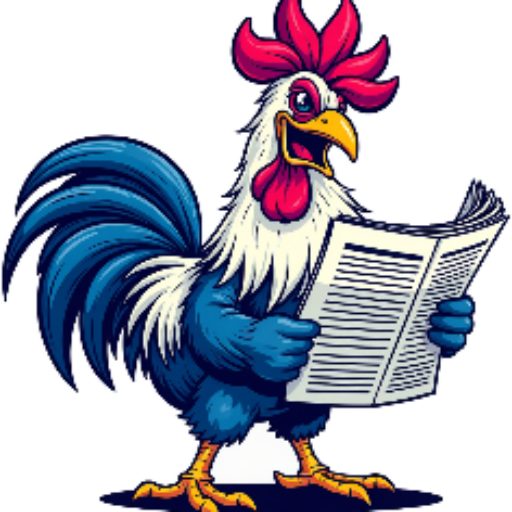
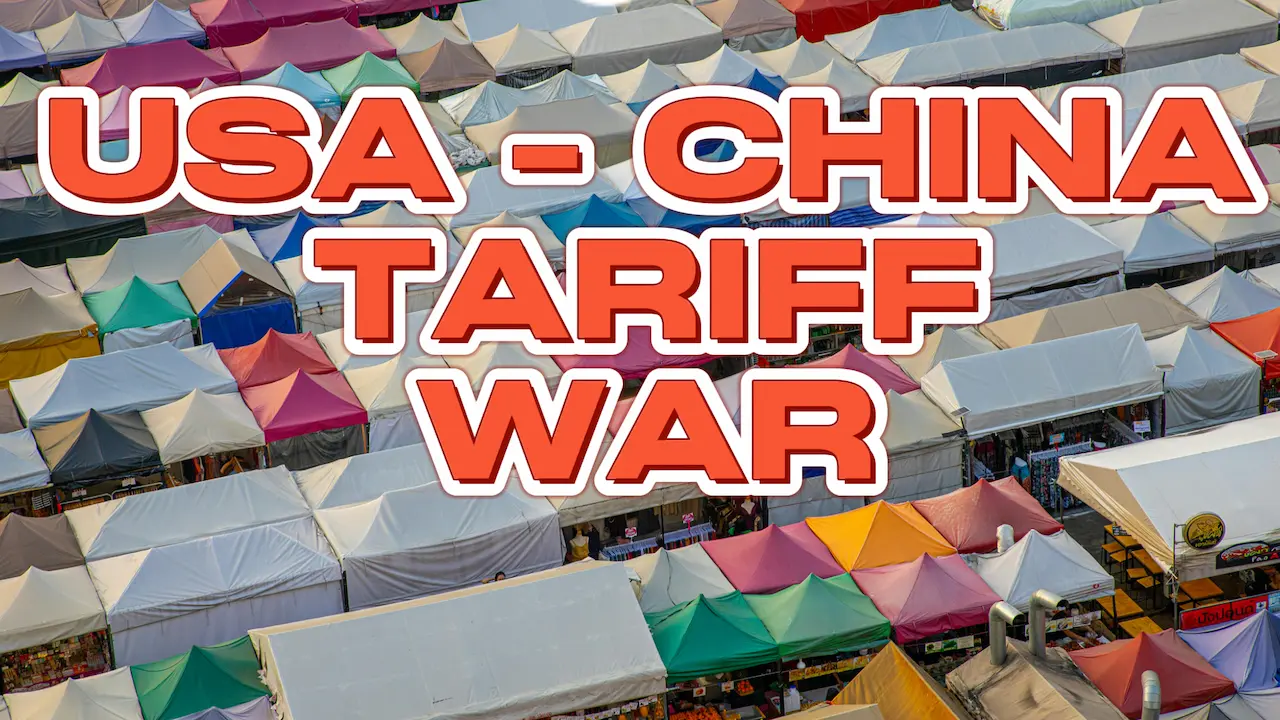

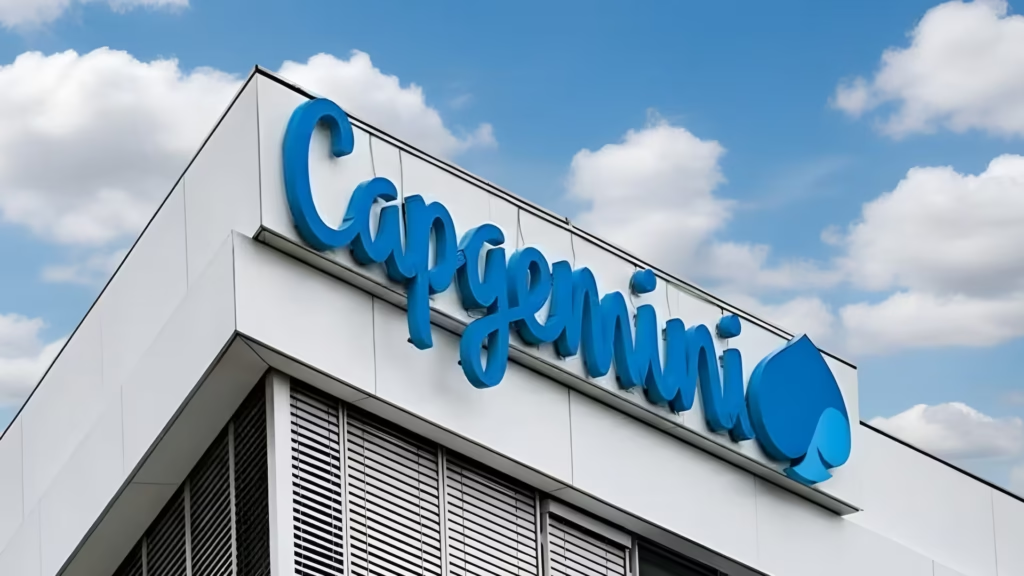
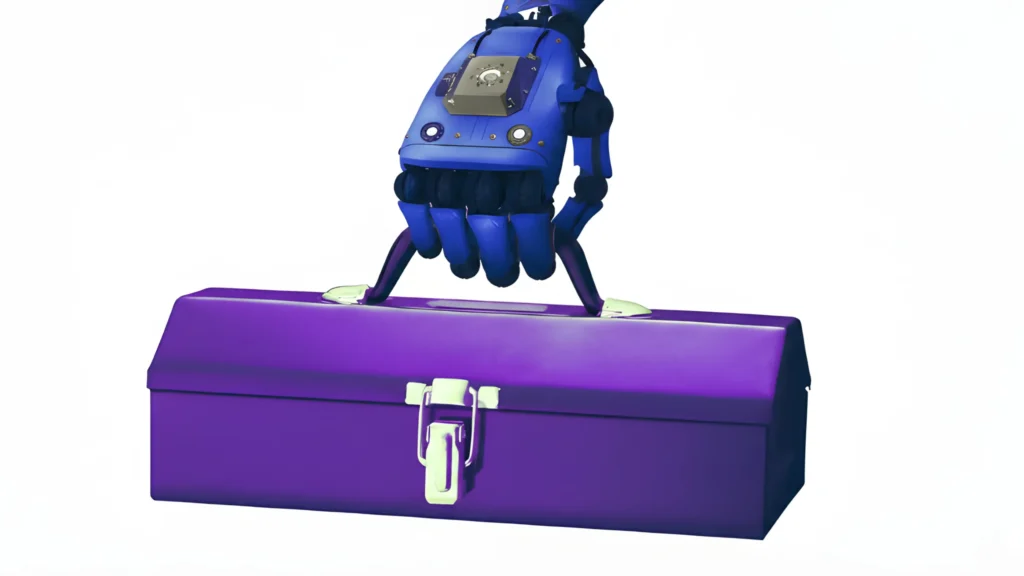


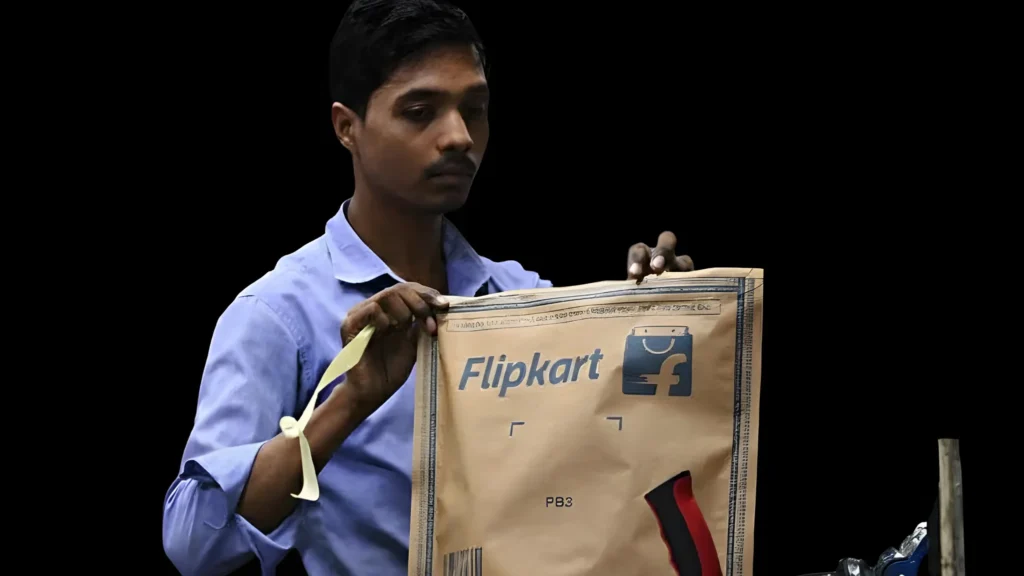
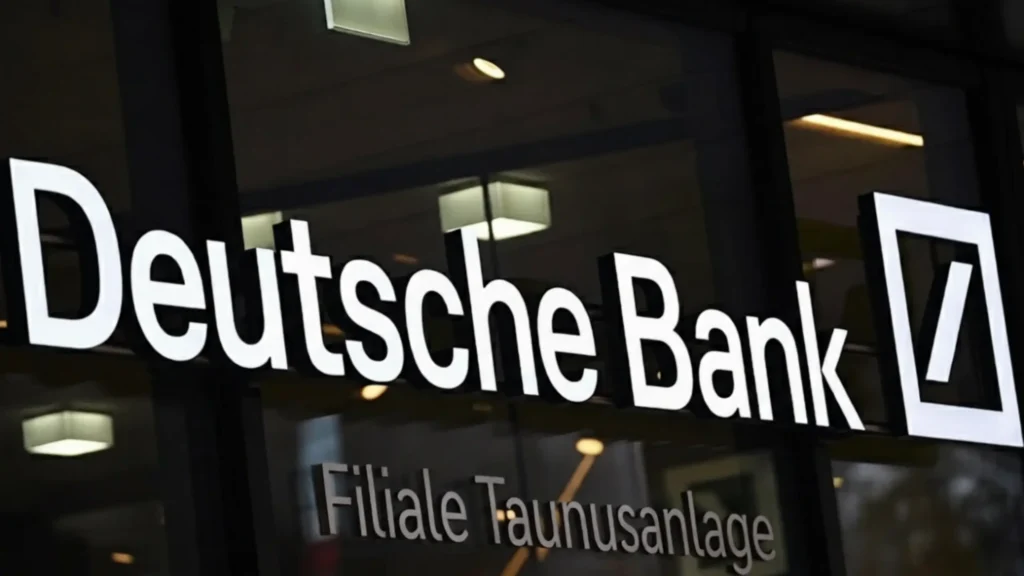
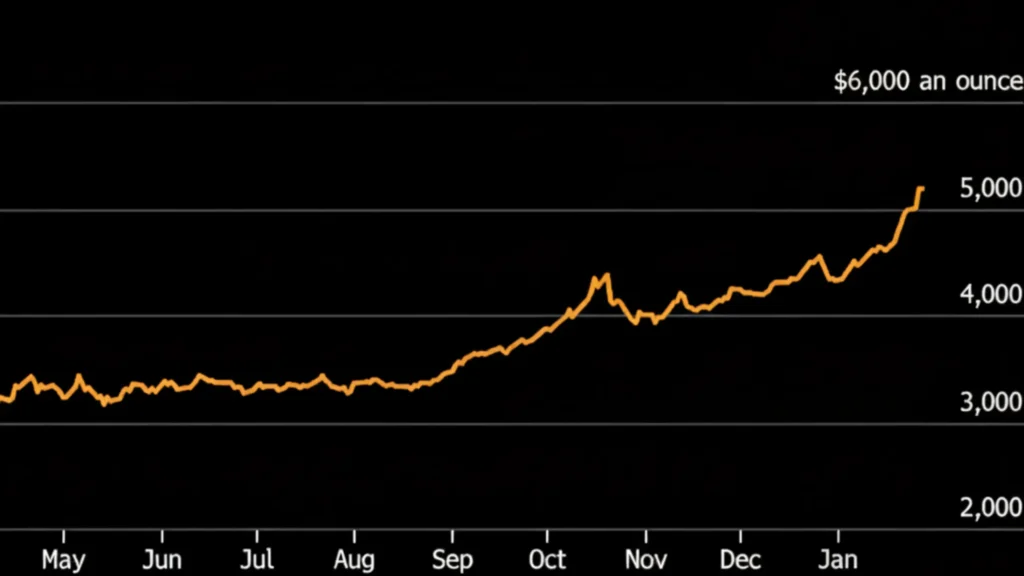
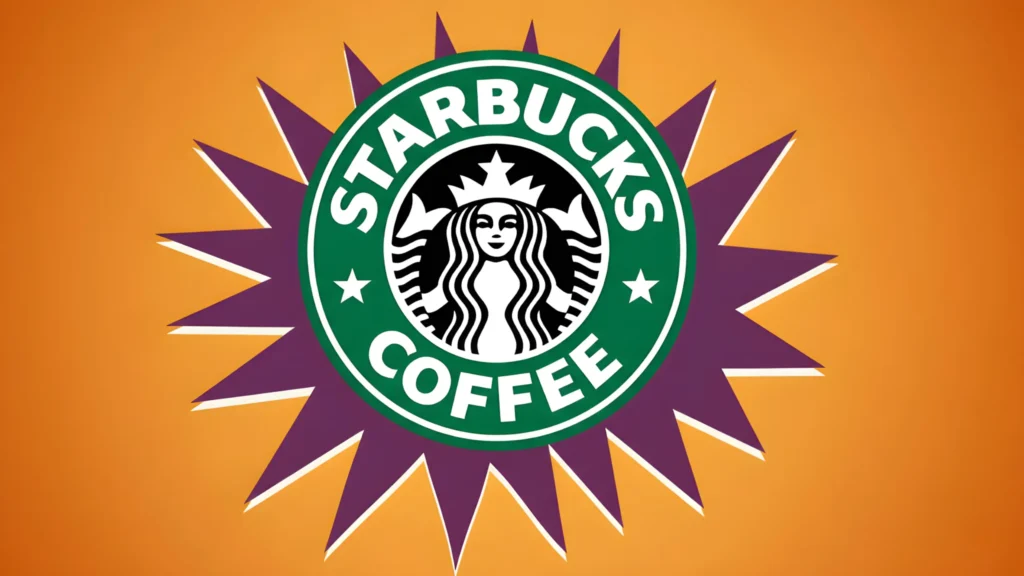
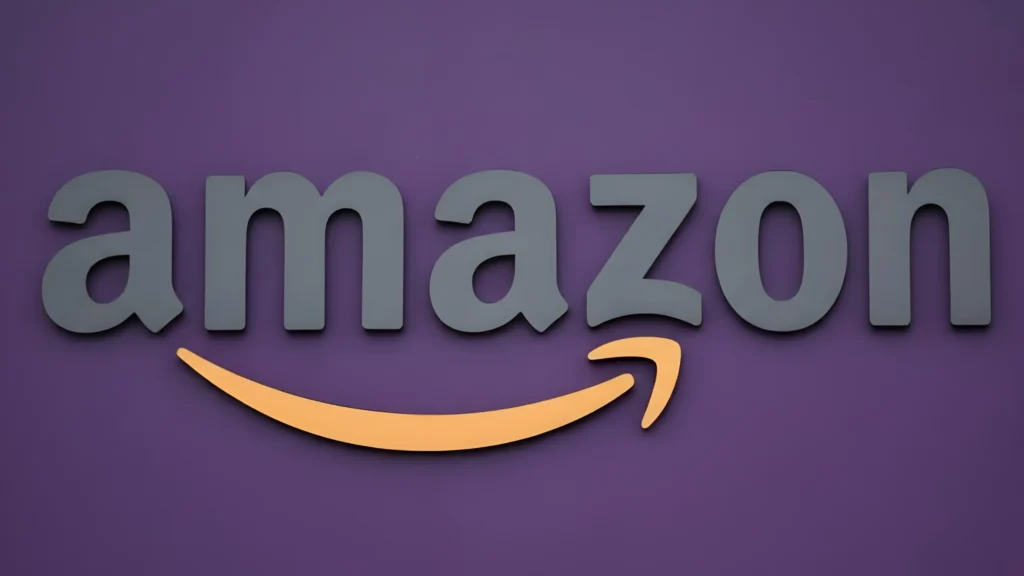
Leave a Reply